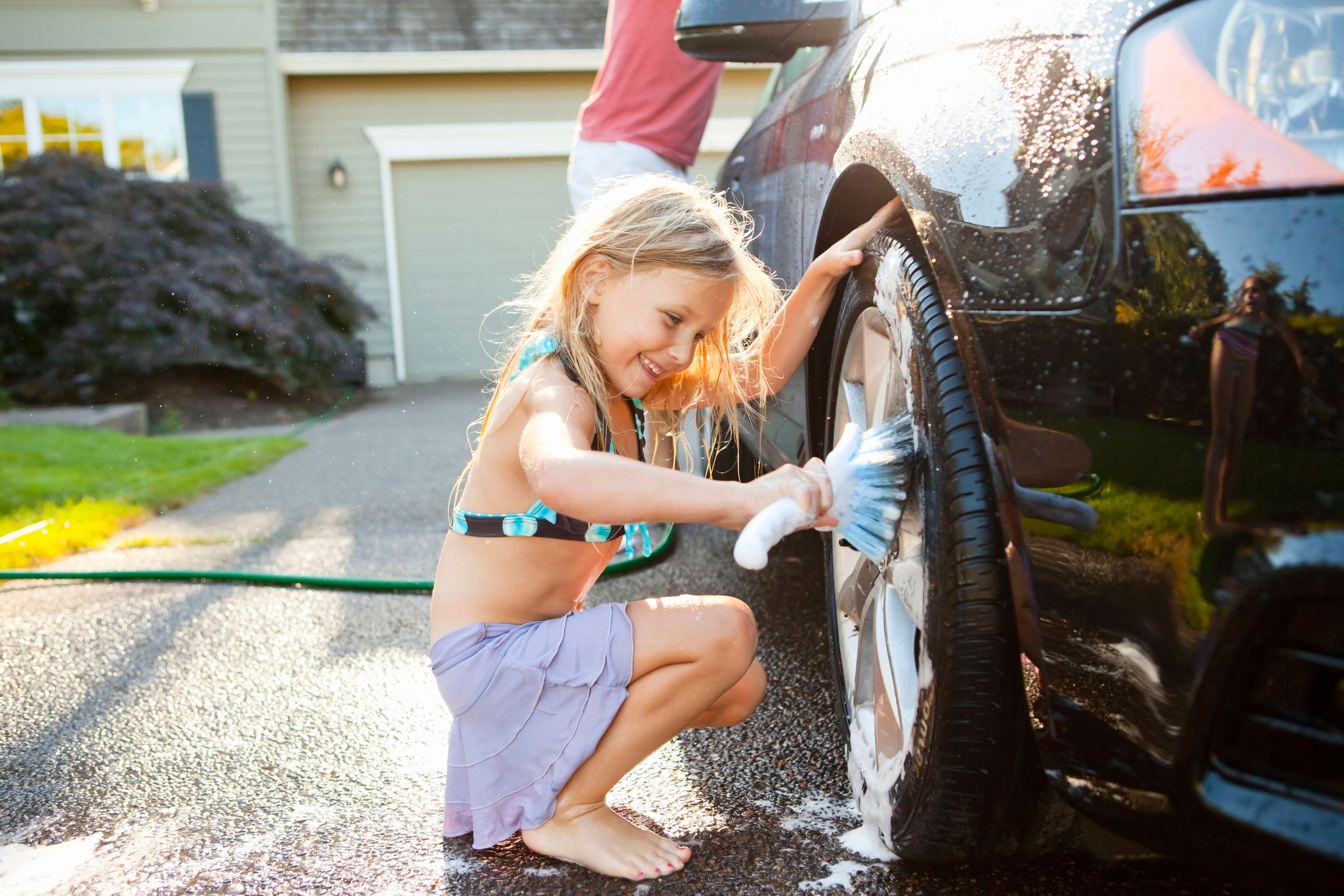 With a water meter, if you use less water, less often, you keep more money in your pocket. No meter? You can still save on your energy bills if you use less hot water. Water you waiting for?
With a water meter, if you use less water, less often, you keep more money in your pocket. No meter? You can still save on your energy bills if you use less hot water. Water you waiting for?
Quick Win
According to Energy Saving Trust, If a family of four replace their inefficient shower head with a water efficient one, they could save around £75 off their gas bills and around £120 off their water bills (if they have a water meter) each year. That’s a total saving of around £195.How long it’ll take: A few minutes per job
Equipment needed:
- A brick (or a proper water saving device!) for your toilet’s cistern
- Water saving gadgets, (lots are free)
1. Fit water-saving widgets
There’s a whole world of water-saving devices out there. Once installed in your toilet cisterns, taps and shower heads, you’ll use less water without even knowing the difference.
Check out your water supplier’s website (or give them a call) and see if they’ll offer up any freebies, from bag-type water savers you stick in your cistern to timers to make sure you don’t linger in the shower too long in the mornings.
2. Fix the flush
About 30% of water used at home is through toilet flushing - that’s huge! So fit water-saving devices in your toilet cisterns.
Depending on the size of your cistern, you could save from one to three litres each time you flush. If you have the choice, a dual flush toilet uses less water than a traditional loo.
3. Don’t let it leak
Dripping taps? Leaking loos? Burst pipes? It’s all money down the drain, if you have a water meter. Get them fixed, fast.
Turn off the tap while brushing your teeth - and encourage everyone else in the house to do the same. A running tap uses up to 9 litres of water a minute.
Save on washing - Wait until you have a full load before running your washing machine and dishwasher.
Oh, if/when your white goods keel over, check the water and energy ratings when buying replacements.
Install water butts - and use free rainwater from the roof to water your garden, rather than paying for water from an outside tap.
Garden sprinklers and hosepipes can use between 500 and 1,000 litres an hour. Water your plants early morning and early evening, so they get the most benefit without evaporation.
Fill a jug or bottle to keep in the fridge - rather than waiting for the tap to run cold every time you want a drink of water.
Wash fruit and veg in a washing-up bowl - rather than under a running tap. Also, put off washing up until you have a full bowl, rather than washing it up a bit at a time. Then use the waste water to water your plants.
This article is provided by the Money Advice Service.
